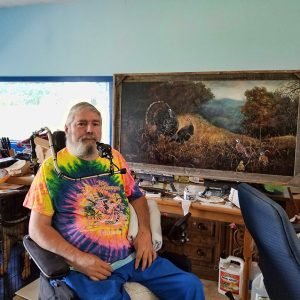 Dale Tabor
Dale Tabor
Entry Type: Person - Starting with T
 Dale Tabor
Dale Tabor
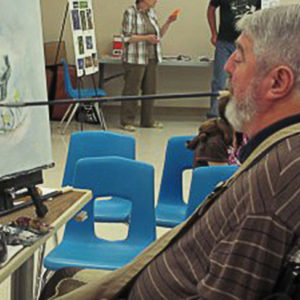 Dale Tabor
Dale Tabor
Tabor, Ronald Dale
Tackett, Boyd Anderson
Tahlonteskee
aka: Tolluntuskee
Takatoka
aka: Ticketoke
aka: Ta-Ka-To-Kuh
aka: De'gata'ga
aka: Degadoga
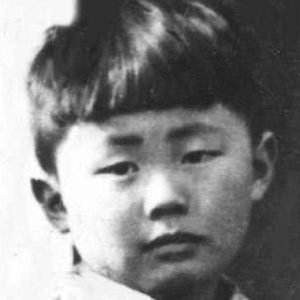 George Takei
George Takei
 George Takei
George Takei
Takei, George Hosato
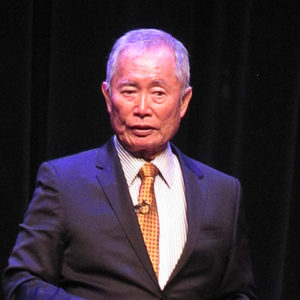 George Takei
George Takei
Talbert, Mary Burnett
Talbot, John Michael
 John Michael Talbot
John Michael Talbot
Talbot, William
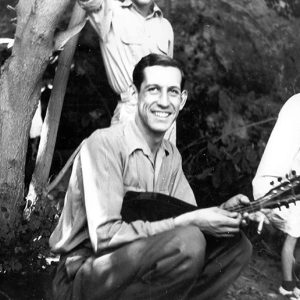 Eugene Talburt
Eugene Talburt
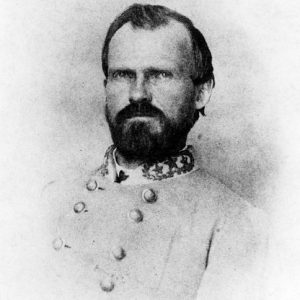 James Tappan
James Tappan
Tappan, James Camp
Tate, John “Big John”
Tate, Sonja Patrice
 Sonja Tate
Sonja Tate
Tatum, Reece “Goose”
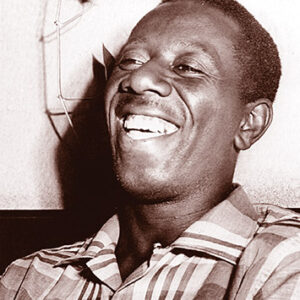 "Goose" Tatum
"Goose" Tatum
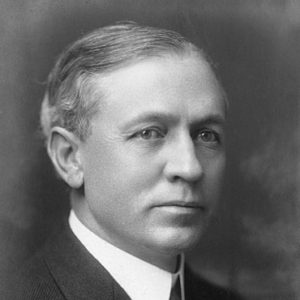 Charles Taylor
Charles Taylor
Taylor, Charles Edward
Taylor, Chester William
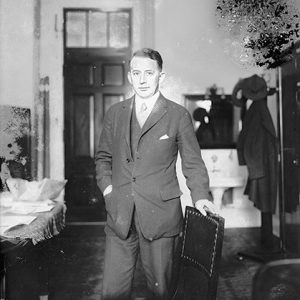 Chester Taylor
Chester Taylor
Taylor, George Edwin
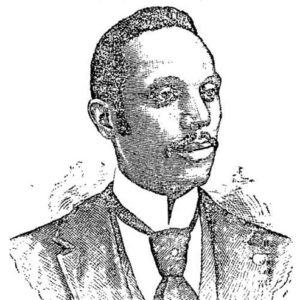 George Edwin Taylor
George Edwin Taylor
Taylor, Jermain
aka: Lecester Jermain Taylor
Taylor, Johnnie Harrison
 Johnnie Taylor
Johnnie Taylor
Taylor, Marion
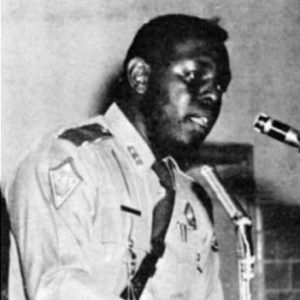 Marion Taylor
Marion Taylor
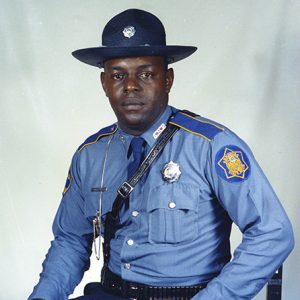 Marion Taylor
Marion Taylor
 Marion Taylor
Marion Taylor
 Marion Taylor
Marion Taylor
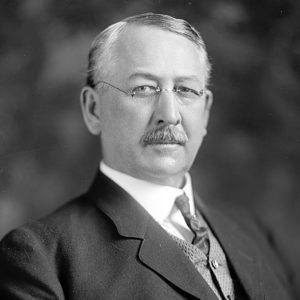 Samuel M. Taylor
Samuel M. Taylor
Taylor, Samuel Mitchell
Taylor, Samuel Shinkle
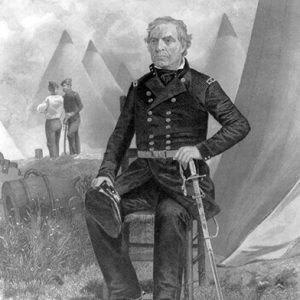 Zachary Taylor
Zachary Taylor
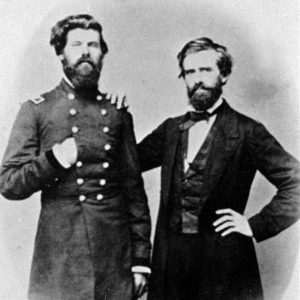 Jonas Tebbetts
Jonas Tebbetts
Tebbetts, Jonas March
Templeton, Fay
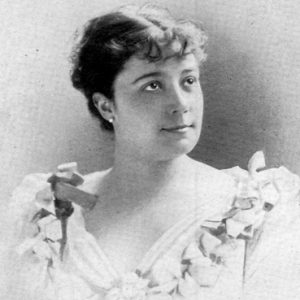 Fay Templeton
Fay Templeton
 Jeffrey Tennant
Jeffrey Tennant
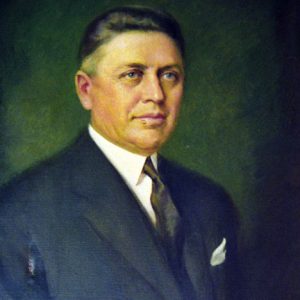 Thomas Terral
Thomas Terral
Terral, Thomas Jefferson
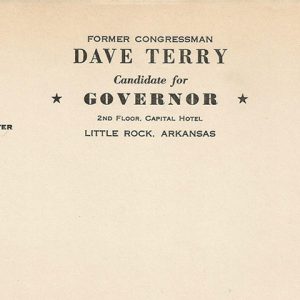 Terry Campaign Stationery
Terry Campaign Stationery
Terry, Adolphine Fletcher
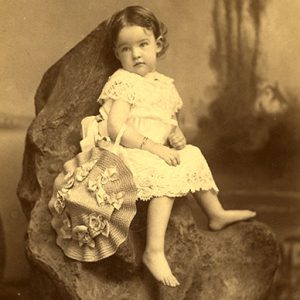 Adolphine Fletcher Terry
Adolphine Fletcher Terry




